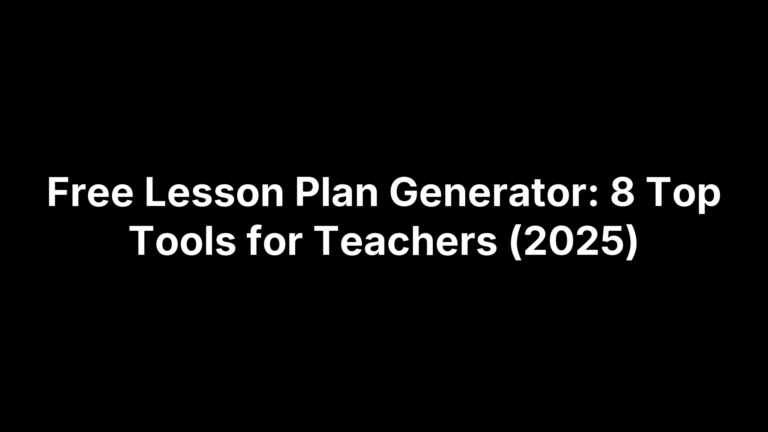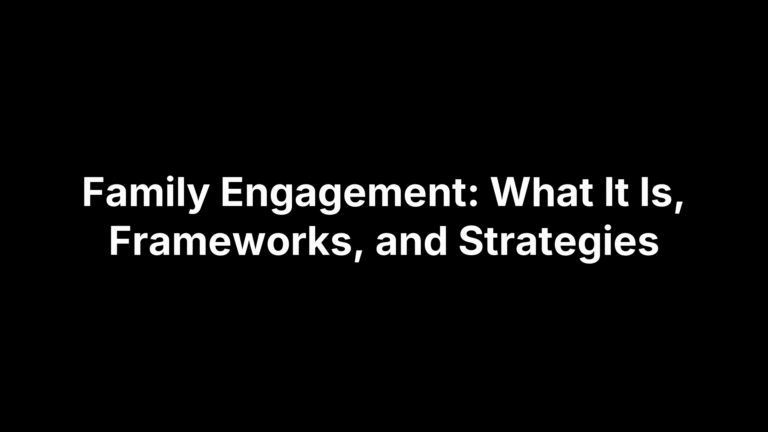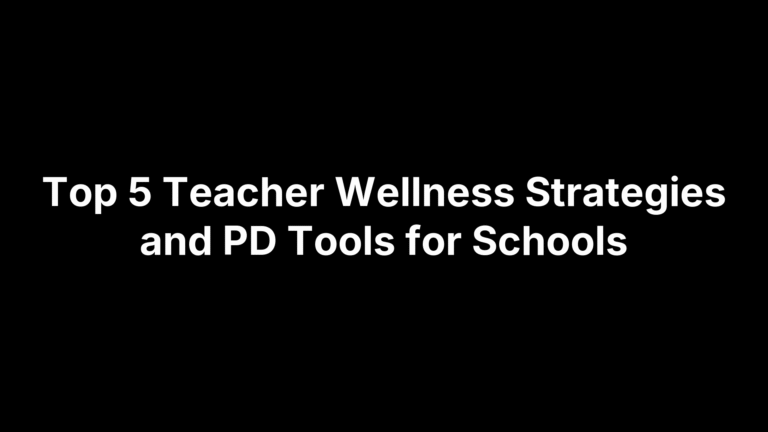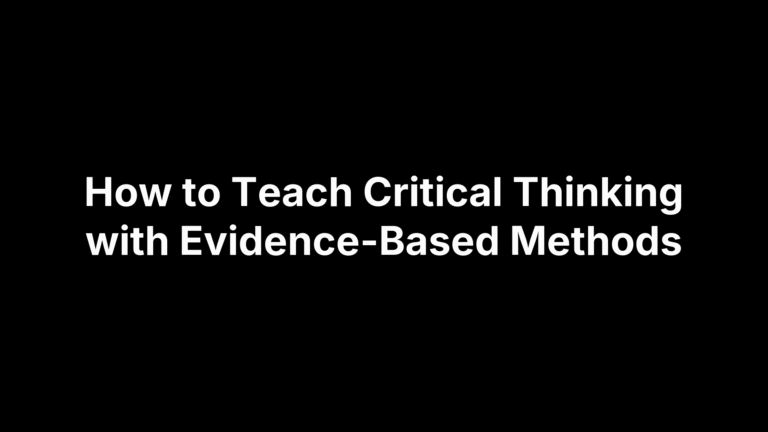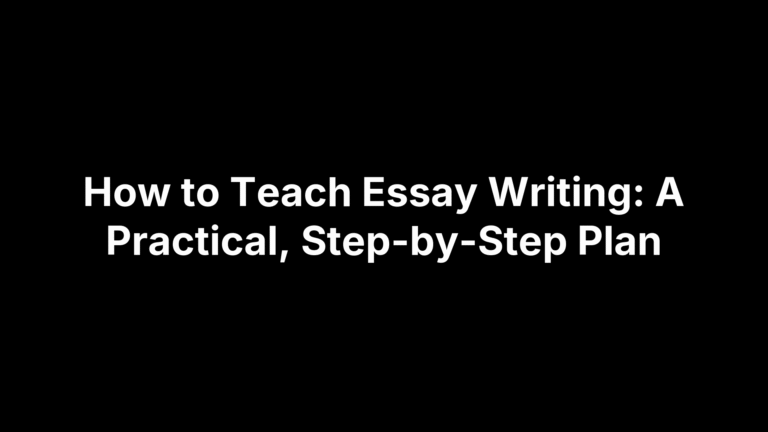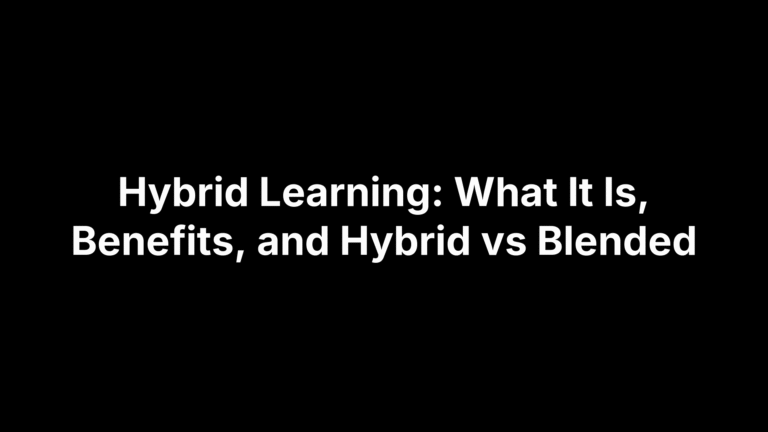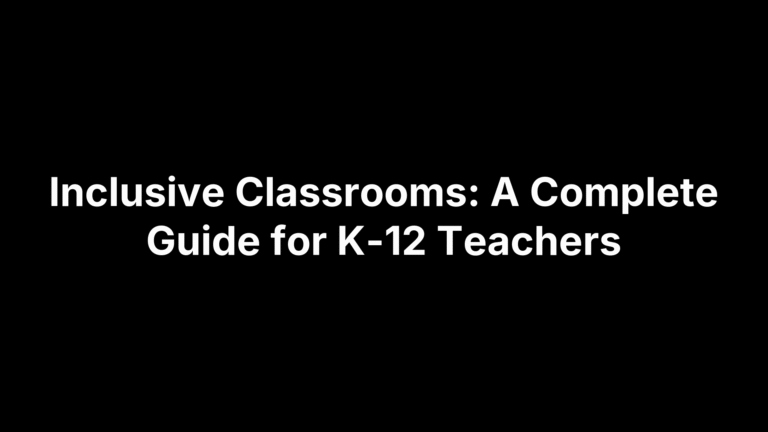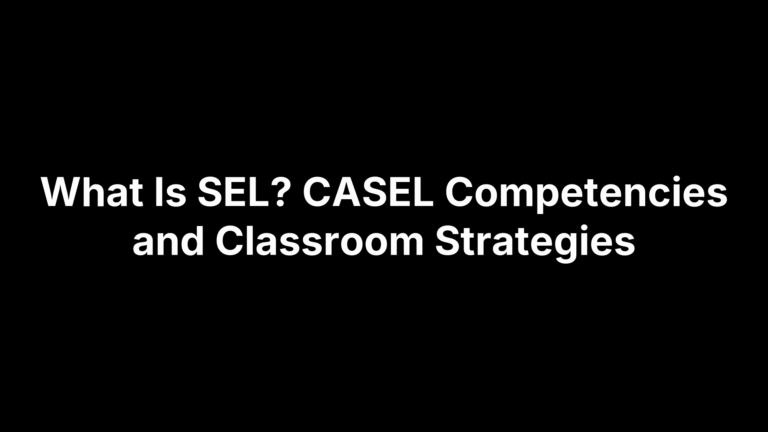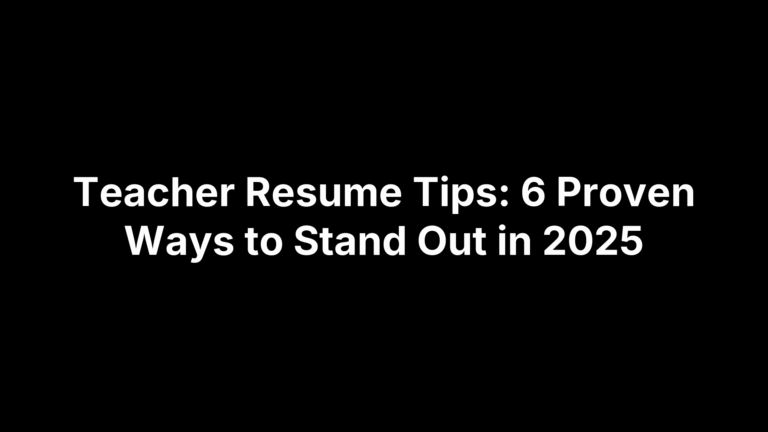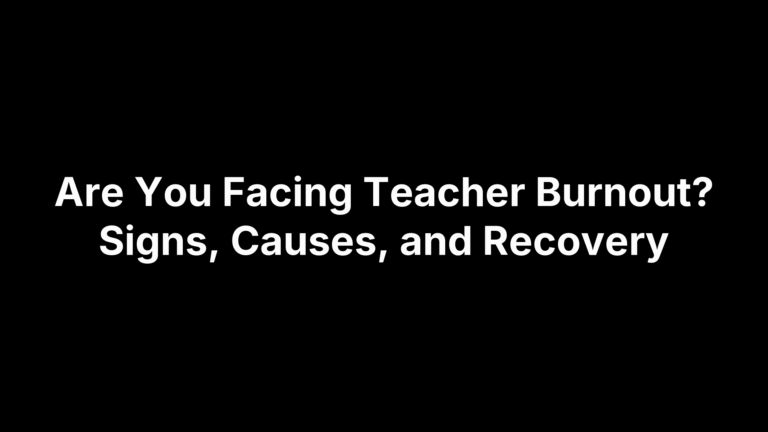Free Lesson Plan Generator: 8 Top Tools for Teachers (2026)
Lesson planning shouldn’t eat your evenings. You’ve got standards to hit, a wide range of learners to support, and a finite amount of prep time. If you’re searching for a free lesson plan generator that can turn a topic into clear objectives, materials, activities, and assessments—tailored by grade, subject, and student needs—AI can help. The…
